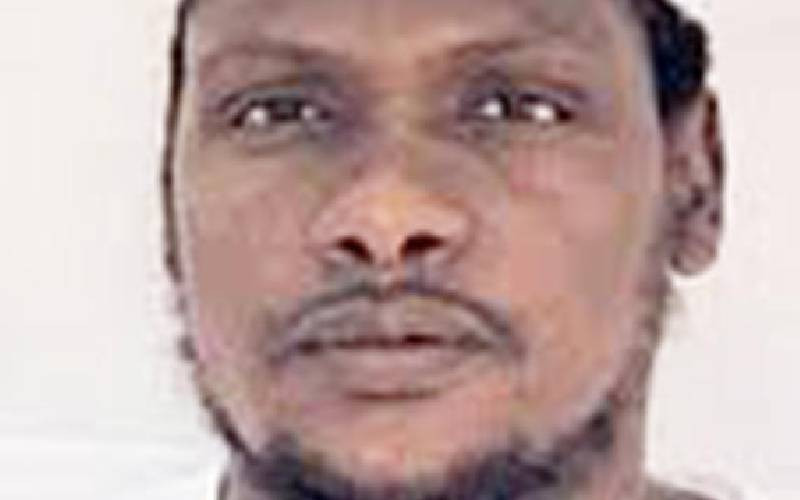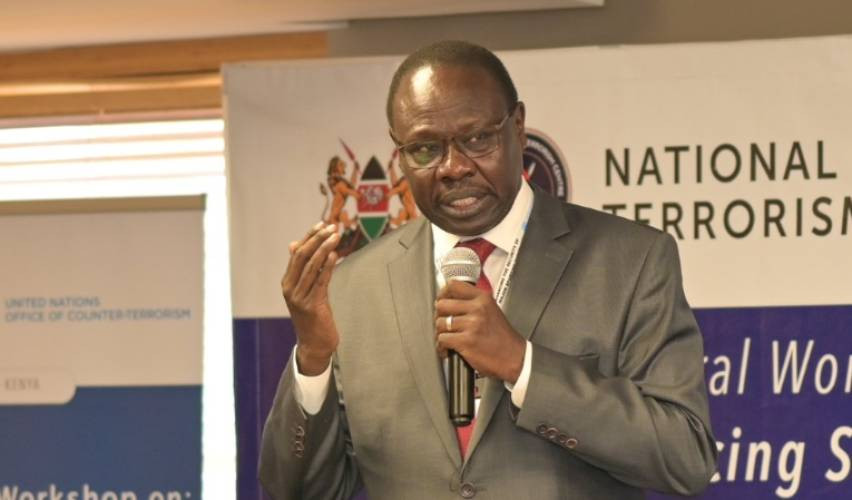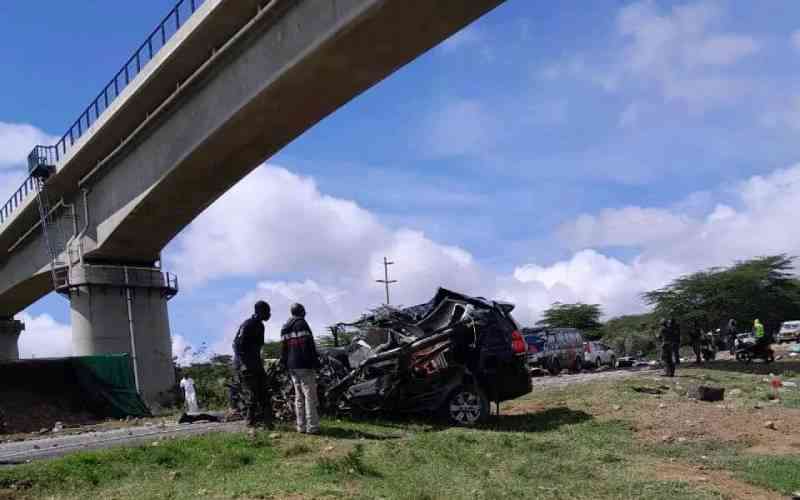We are finally in December of what has been a tough year being a Kenyan living in Kenya.
The year has brought about tragedies of a magnitude that people would rather forget. Many of us are looking to a new year in the hope that the many bad things will end with the year that is about to end.
Unfortunately, things do not change just because the year changes, unless we do something about the situation that is the subject of concern.
The sacking of Joseph ole Lenku, the Cabinet Secretary in charge of internal security, is a great step forward, but it is his replacement that will be the icing on the cake. If he gets appointed, I hope Joseph Nkaissery will be the answer Kenyans have been searching for.
But Nkaissery or the person who takes that office is only one person. If he is good, then perhaps he will lead the direction that the matters of security will take.
He will probably secure the borders against penetration by those who seek to harm us.
Unfortunately, the Interior Cabinet Secretary may not reach the core of the problem, which from recent press appears to be radicalisation. Radicalisation is defined as a process by which an individual or group embrace dangerous political, social, or religious principles and goals that could destabilise the status quo, reject and/or undermine existing ideas and expressions of freedom of choice. It has been said that many of our youth are undergoing radicalisation and that has been cited to be the greatest cause of insecurity because it is no longer without; the enemy is within.
In last Thursday’s evening news, I heard leaders from Mandera say they were going to work towards the de-radicalisation of the youth from that area.
My 10 cents worth of thought on the issue is that we are finally on the path to a solution. We are beginning to understand that the greatest weapon of insecurity is not the arms that people carry in their hands but those that they carry in their minds.
The process of negating it may therefore be a process of negotiation, to include an understanding of the interest of those that are radicalised and those at risk of radicalisation.
Many others have been there before us. Let us learn from them so that we do not re-invent the wheel. A quick look at the Internet will show you such information as “The UK Home Office, MI5’s parent agency, bluntly defines radicalisation as “The process by which people come to support terrorism and violent extremism and, in some cases, then join terrorist groups.”
The MI5 report closes by saying that no single measure will reduce radicalisation in the UK and that the only way to combat it is by targeting the risk vulnerable groups and trying to assimilate them into society.
This may include helping young people find jobs, better integrating immigrant populations into the local culture, and effectively reintegrating ex-prisoners into society.
Radicalisation has to also be seen in the cases where people are sacrificing their children and families to some cause or other and which cases are on the increase. It is not limited to terrorism as we know it in the public space, but includes terrorism to the family.
It has also been suggested that mothers who are responsible for primary socialisation of children, are in the best place to counter the onset of radicalisation.
Stay informed. Subscribe to our newsletter
Mr Nkaissery, best of luck as you undergo vetting. Still, we must let you know however that Kenyans have lost enough lives and property and cannot afford a dry run on security.
 The Standard Group Plc is a
multi-media organization with investments in media platforms spanning newspaper
print operations, television, radio broadcasting, digital and online services. The
Standard Group is recognized as a leading multi-media house in Kenya with a key
influence in matters of national and international interest.
The Standard Group Plc is a
multi-media organization with investments in media platforms spanning newspaper
print operations, television, radio broadcasting, digital and online services. The
Standard Group is recognized as a leading multi-media house in Kenya with a key
influence in matters of national and international interest.
 The Standard Group Plc is a
multi-media organization with investments in media platforms spanning newspaper
print operations, television, radio broadcasting, digital and online services. The
Standard Group is recognized as a leading multi-media house in Kenya with a key
influence in matters of national and international interest.
The Standard Group Plc is a
multi-media organization with investments in media platforms spanning newspaper
print operations, television, radio broadcasting, digital and online services. The
Standard Group is recognized as a leading multi-media house in Kenya with a key
influence in matters of national and international interest.








